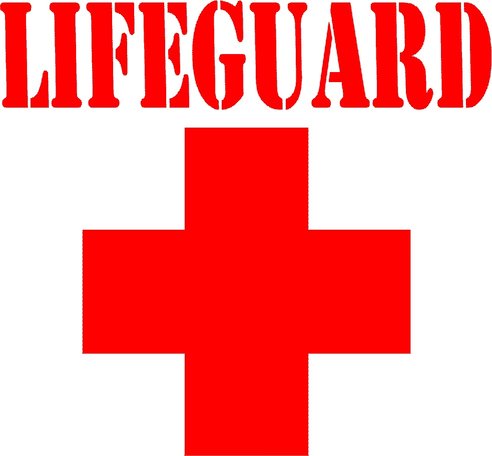
LiteraryScout
New York, NY
Female, 0
Literary scouts work with foreign publishers to help determine which American books they should acquire. We spend our days (and nights!) reading manuscripts, writing reports, meeting with agents and publishers, and speaking with clients to keep them apprised of developments. Scouts don’t make much money, but the perks and fun help make up for that.
Do you have a specific question?
Scouts are only reading book manuscripts, but if there is a really notable piece of media that is preceding a likely book (like Randy Pausch’s Last Lecture video or the Dragon Mother’s media buzz), that’s certainly important to be aware of as well. Scouts need to be plugged into what topics are hot and what people are hungry for more of.
Studying literature and writing would be the most helpful. In particular, classes that focus on elements of novels such as constructing plot, developing characters, etc, would be useful for pinpointing the strengths and weaknesses of a manuscript. Your own personal reading experience is the most valuable education, though. Read a range of new and old highly regarded fiction and nonfiction books to familiarize yourself with what is so special about them. It is kind of like learning a language where after a point you can just feel when something is right even before you can use the academic knowledge to point to what exactly that is. Plus when you interview for those invaluable internships, it would be very helpful to be able to actually name books that you admire and show your familiarity with the literary world. Plan to start interning as soon as you can, even freshman or sophomore year if possible. The experience of learning from professionals and making contacts is the most important first step.
They have certainly become a sourcing ground for agents, but as scouts receive manuscripts only after they are already out on submission to US publishers or after they have been accepted for publication, we’re mostly interested in how big of a following the blog has. If a book has a built-in audience that’s certainly something our clients should know.
Fashion Model
 Do you feel objectified when you're standing around in skimpy outfits?
Do you feel objectified when you're standing around in skimpy outfits?
Lifeguard
 Did you ever have to perform CPR or mouth-to-mouth on a swimmer?
Did you ever have to perform CPR or mouth-to-mouth on a swimmer?
Call Center Employee (Retail)
 What's the meanest thing someone's said to you on the phone?
What's the meanest thing someone's said to you on the phone?
Perks include free galleys, business lunches and dinners, publishing parties, and yes, trips to bookfairs and occassionally to visit clients in their home countries.
You spend time getting to know specific editors tastes and what topics do or don't work in specific cultures.
That’s probably something a literary agent could answer better for you. My understanding is that you certainly should succinctly include information about other writing in your cover letter to an agent, but the process is to write a strong submission letter about your novel and enclose the first ten pages of the manuscript. Agents (or really the unpaid interns reading through the unsolicited submissions) will ask for more if they’re interested. The best thing of course is if you know someone in the industry. You’d be shocked if you saw the number of manuscripts agencies receive every day. The goal is to look at everything through fresh eyes, but we’re only human.
Literary agents have writers for clients and represent their work to publishing houses and film companies. Sometimes they will also work out the deals for their work to be sold to foreign publishing houses. That last part depends on whether the US publishing house that acquired the manuscript also acquired the foreign rights. If they did, then the publishing house works out who to sell it to and for how much, etc. Literary scouts have foreign publishing houses for clients and are concerned with finding the right books for them. Agents and scouts will meet regularly and the agent will talk to the scout about the books they're representing. If the agent is familiar with the editors at the scout's houses, he or she will be able to make tailored recommendations. The scout will typically read the recommended manuscript or any others that seem promising and report back to their client. If the client is interested, they typically will then deal directly with the agent to work out the deal. The scout is basically a consultant that keeps a pulse on what is being published in America and reads like fifty manuscripts so that client only has to read the one or two that would potentially be right for them.
-OR-
 Login with Facebook
Login with Facebook (max 20 characters - letters, numbers, and underscores only. Note that your username is private, and you have the option to choose an alias when asking questions or hosting a Q&A.)
(A valid e-mail address is required. Your e-mail will not be shared with anyone.)
(min 5 characters)
By checking this box, you acknowledge that you have read and agree to Jobstr.com’s Terms and Privacy Policy.
-OR-
 Register with Facebook
Register with Facebook(Don't worry: you'll be able to choose an alias when asking questions or hosting a Q&A.)